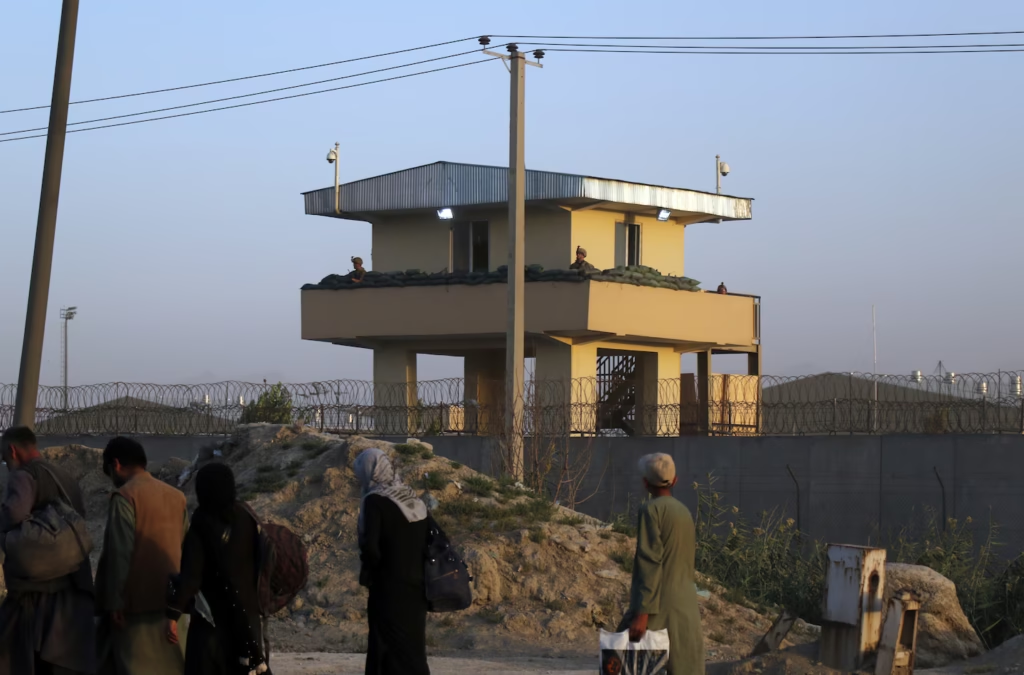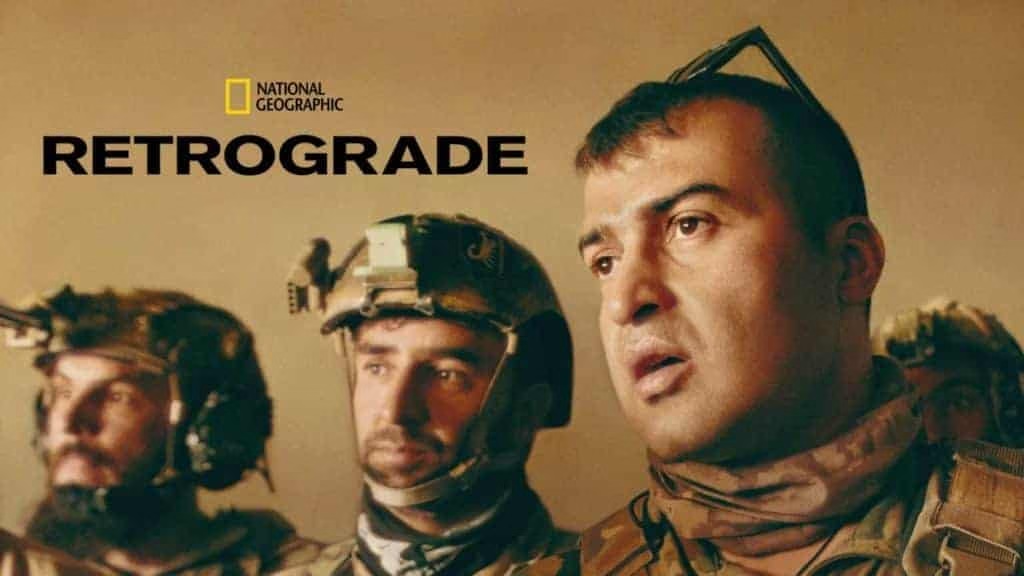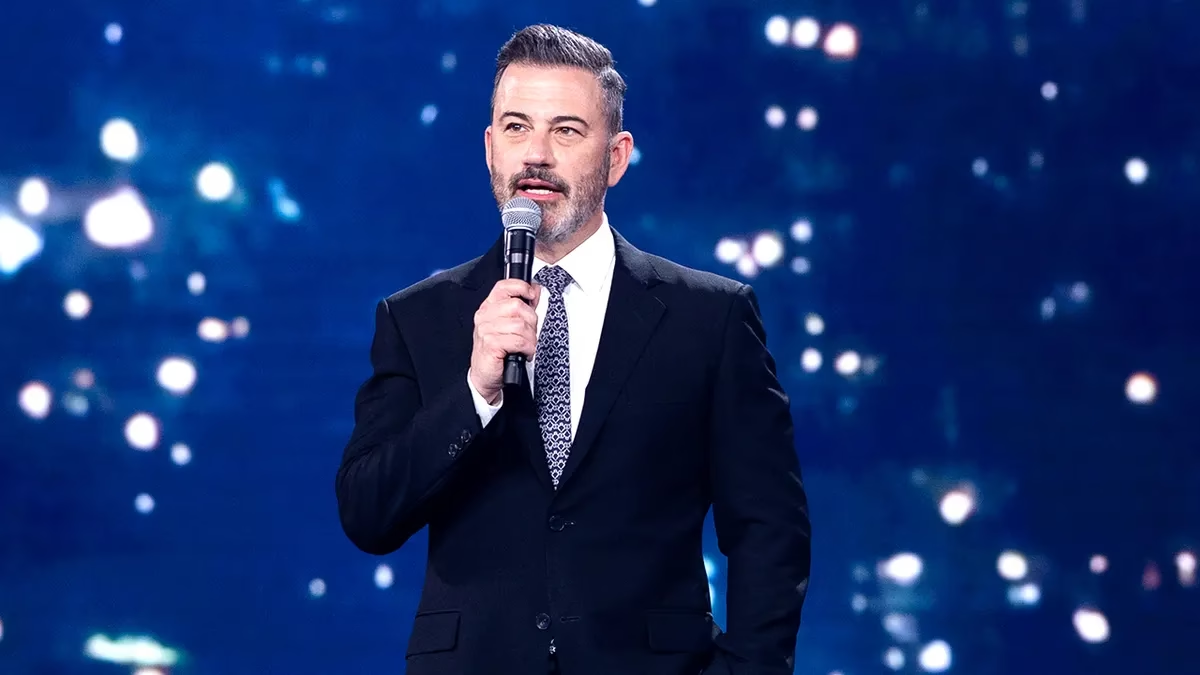
A tragic killing in Afghanistan is now at the heart of a major legal case in the United States—one that’s forcing the film industry to take a hard look at the risks of telling real-life stories from war zones.
Krystina Khan, the widow of an Afghan man who once worked alongside U.S. forces, has filed a wrongful death lawsuit against Disney and National Geographic. She claims that their 2022 documentary, Retrograde, exposed her husband’s identity—leading the Taliban to track him down and murder him.
💔 A Tragedy with Global Echoes
Krystina’s husband, Omar Khan, worked as a mine-clearance technician—a dangerous but vital job during the final months of the U.S. withdrawal from Afghanistan. He was featured in Retrograde, which documented the collapse of Afghan forces and the return of Taliban control. In the film, Omar is seen speaking openly, with his face fully visible.
Shortly after the documentary was released—and reportedly aired in Afghanistan—Taliban forces located and executed him. The lawsuit claims this was a direct result of his appearance in the film.
“The people who made this film had the power to protect him,” Krystina stated through her legal team. “They chose not to.”
⚖️ Courtroom Battle Over Filmmaker Responsibility
In her legal filing, Krystina alleges that the filmmakers were warned by U.S. military officials not to show identifying footage of Afghan collaborators. The lawsuit accuses them of negligence, saying they failed to safeguard Omar’s identity, even after being alerted to the risks.
Disney and National Geographic, which distributed Retrograde, have not publicly responded to the claims. However, in light of the growing controversy, the film has been removed from both National Geographic’s platform and Hulu.
The lawsuit has now ignited a much larger debate: When does storytelling go too far? And how much responsibility do filmmakers have when their subjects are in real, life-threatening danger?
🎥 The Ethics of Real-Life Storytelling
Documentary films often shine a powerful light on people and events that would otherwise go unnoticed. But that power comes with responsibility—especially when those stories are told in war zones, or under authoritarian regimes like the Taliban.
Many filmmakers argue that showing faces adds authenticity and emotional connection. But human rights groups say that doesn’t justify putting someone’s life at risk.
“This isn’t just about a film. It’s about ethics, safety, and accountability,” said one advocacy group spokesperson. “Filmmakers can’t hide behind the lens when real lives are on the line.”
🔍 A Legal Case That Could Change the Industry
The outcome of this case could set a major precedent for how documentaries are made and distributed in the future. If the court finds the filmmakers liable for Omar’s death, it could lead to stricter standards for filming in high-risk regions.
Producers may be required to:
- Blur or alter identities of vulnerable individuals.
- Obtain stronger informed consent from subjects.
- Avoid releasing content in countries where participants could face retaliation.
- Proactively monitor and respond to safety concerns after a film is released.
As the court proceedings continue, the story has already sent shockwaves through the documentary world. Many are now asking how much risk is too much—and who should be held accountable when storytelling turns deadly.
📌 Bottom Line
A widow is seeking justice. A global entertainment company is being held to account. And the documentary world is facing urgent questions about safety, responsibility, and the cost of telling the truth.
This is more than a legal case—it’s a moment of reckoning for an industry built on real lives and real consequences.



